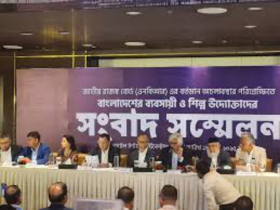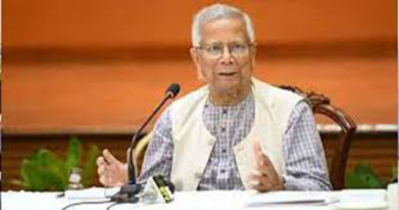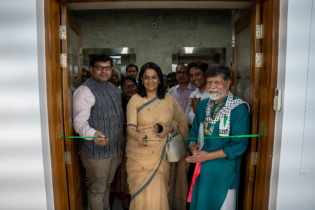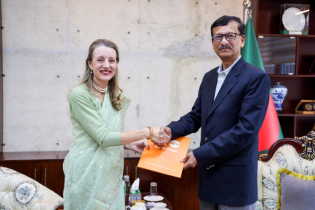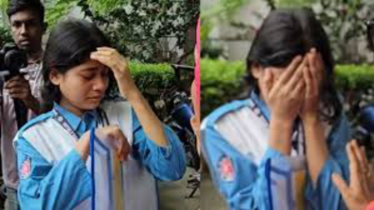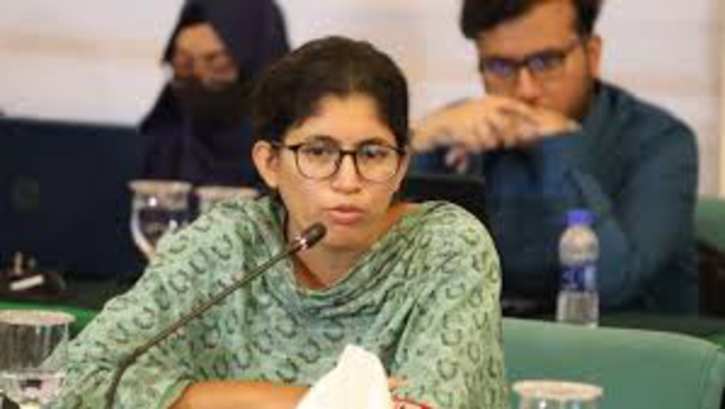
Umama Fatema, the spokesperson of the Anti-Discrimination Student Movement, has announced her departure from the organization. In a post on her verified Facebook page at around 3 AM on Friday night, she wrote, “My official journey with the Anti-Discrimination Student Movement ends here.”
In her post, Umama raised several allegations regarding the council and activities of the movement and explained the reasons behind her decision to leave. The key points of her statement are as follows:
She said that a central council of the movement had recently been formed, after which she decided to end her formal association with it. She mentioned that she had been working under this banner out of a sense of responsibility following the July uprising and the formation of the political party NCP. However, due to fear that independent activities under this banner might threaten some individuals’ political futures, she faced severe pressure both online and offline to stop her involvement.
She claimed that those she had worked alongside in meetings and marches had later orchestrated a smear campaign against her using juniors. She described this betrayal as deeply hurtful and accused many within the organization of being opportunists who had eaten away at the platform from within like termites. Despite the presence of some well-meaning individuals in branch committees, she felt they were unable to withstand the influence of these opportunists.
Umama detailed how she was denied access to the movement’s official Facebook page, even though she was the spokesperson. In fact, she alleged that posts attacking her were made from the very page she was supposed to help manage. Attempts to challenge this were met with silent treatment or the page itself being used against her.
She also shared how she became mentally distressed in March and April after facing continued isolation and undercutting from both seniors and juniors, some of whom, she claimed, secretly bargained for positions of power behind the scenes. When she confronted them, she was told to do the same — to negotiate with the so-called "supreme authority." She refused, questioning the legitimacy of such a system.
Eventually, she began to distance herself from the platform and focused on other initiatives like Empowering Our Fighters and her interest in science. Although she had long considered formally resigning, she couldn’t bring herself to do it, describing it as emotionally difficult given her deep investment in reforming the country rather than engaging in infighting.
She criticized the irregularities in the formation of district and upazila committees and said her objections were ignored. She also pointed out that while she was blamed for allegedly blocking council proceedings, it was actually others in power who had stalled the process. Ultimately, she cast her vote at the very last minute of the council election in a final attempt to support positive change — but was disillusioned when a non-participant ended up becoming a council member.
In her closing remarks, Umama withdrew all support and her council vote, citing deep disappointment. She said that while the July uprising had sparked dreams of change, the platform had wasted time and hope for many in the name of group interests. She condemned those who had harmed her and exploited the uprising for personal gain, saying she would never forgive them.
She ended by encouraging students to focus on their studies and productive work, stating that she, too, was trying to move forward after leaving the last 8–9 months behind.
“Fi Amanillah,” she concluded — an Arabic phrase meaning "May you be in God’s protection."
TH

.png)

